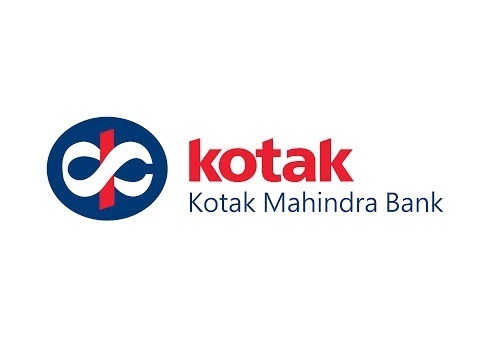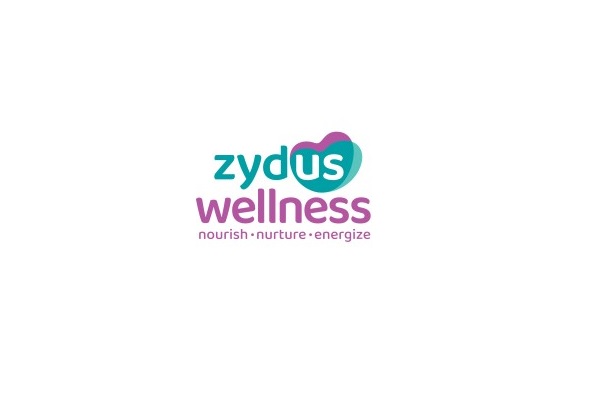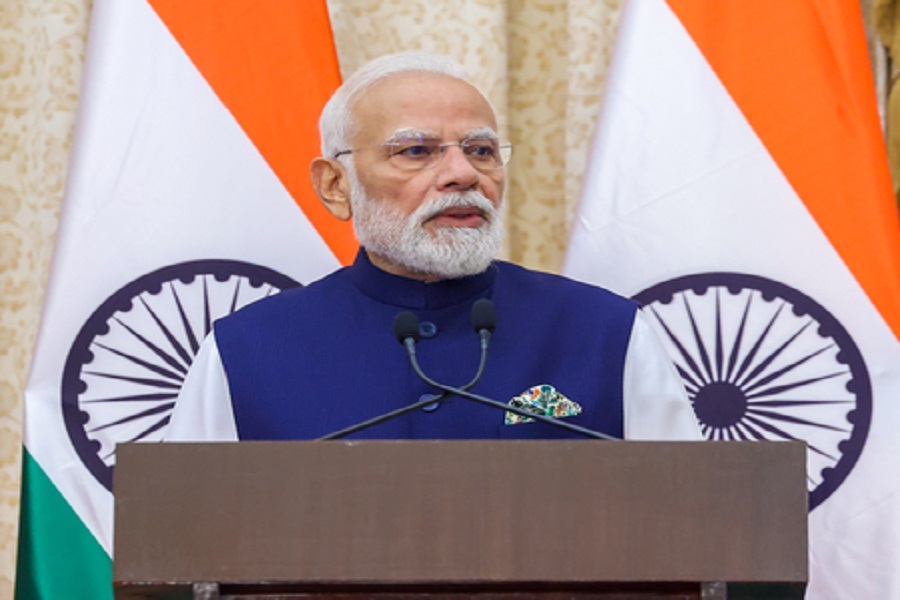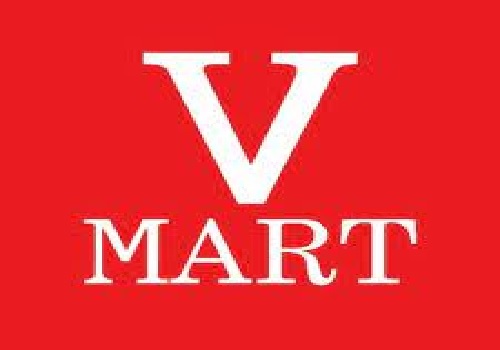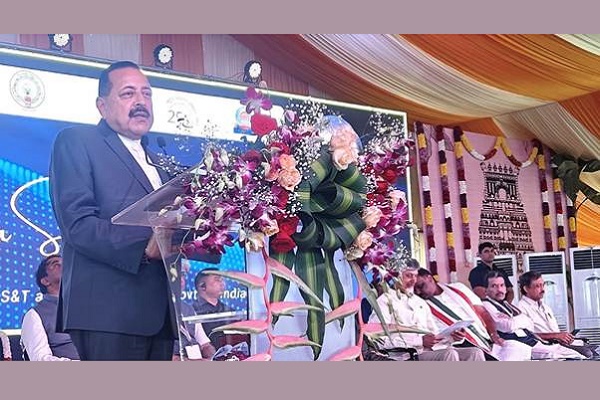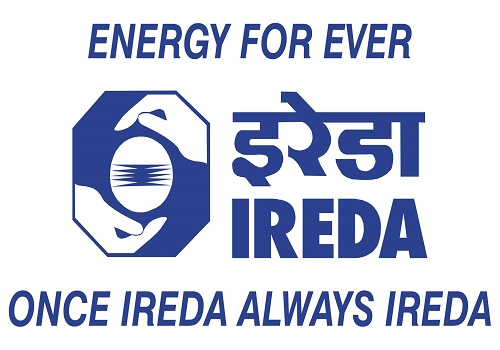India's consumer goods sales hits over one-year low on weak urban demand, report shows
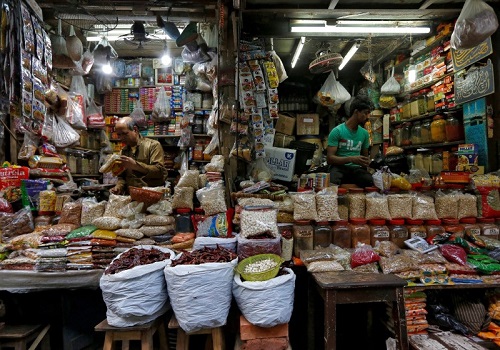
Indian consumer products' sales slowed sharply to a more-than-one-year low from April to June due to softening demand for personal care products and packaged wheat flour, especially in urban areas, market researcher NielsenIQ said on Thursday.
The overall sales volume growth slowed to 3.8% in the second quarter, compared with growth rates of 6.4% to 8.6% in the past four quarters, "largely due to macroeconomic headwinds," NielsenIQ said, without detailing the factors.
India's retail inflation hovered around 5% in the quarter, mostly due to high food prices, forcing consumers in the world's most populous country to cut back wherever possible to make ends meet.
The sales volume growth in rural areas slowed to 5.2%, from 7.6% in the previous quarter, but fared better than urban markets, where growth slowed even more sharply to 2.8% from 5.7%.
The growth in rural pockets outpaced urban areas for the first time in five quarters in the January-March period as consumer majors including Dove-soapmaker Hindustan Unilever trimmed prices to win back consumers.
In the coming quarters, packaged goods makers including rural-centric Dabur India and Emami expect a further boost, helped by better monsoon and higher government spending, which usually translate to higher consumer spending.
"The timely arrival of monsoon, coupled with a rural-centric budget with a focus on rural infrastructure, agriculture and employment is a key positive for the sector," Dabur CEO Mohit Malhotra said on an earnings call earlier this month.
The likes of Maggi instant noodles-maker Nestle India and biscuits-manufacturer Britannia Industries are also betting on rural recovery by making their products available at more stores.
For the June quarter, though, consumer goods makers have posted mixed results.
Urban-centric Nestle India reported its slowest growth in eight years as price increases drove consumers away, while more rural-focussed Hindustan Unilever reported higher earnings as price cuts boosted demand.
